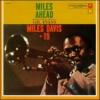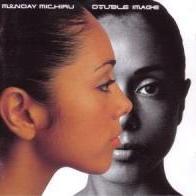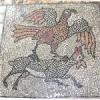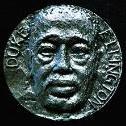What's the problem with the sequencing? Personally, I'm sick of the strict chronological presentation model.
As far as the sound, I'm intrigued as to whether this set will offer improvements in the digital space. The 1986 set was unlistenable. The 1999/2003 version is a vast improvement but not ideal. It's overly bright, unbalanced in places and distorted in places. The Chronological Classics are ok; the best versions on CD to my ears are the French RCA versions based on the Black & White LP twofers. When I want to hear this music on CD, I reach for the French RCA.
This is some of my favorite music in the universe, so I've gone out of my way to get as many LP versions of this material as I can on LP, almost all of which are preferable to any of the CDs. The French RCA twofers are excellent sonically, but the pressing quality can be a little inconsistent, so it's taken me a minute to find clean and quiet ones. The 1950s and '60s RCAs are also excellent -- Duke Ellington at his Very Best, The Duke and his Men, In a Mellotone, Jumpin' Punkins. Caveat: Get the early versions of these if you can (black or purple labels, which are better than the later orange label versions). The 1961 RCA set Indispensable Duke Ellington for mysterious reasons sounds awful, like fake stereo before fake stereo existed. Then there are the Smithsonian issues c. 1980 -- still wrapping my arms around the sound on these but the booklet notes from Larry Gushee and others are fantastic.

Rare
Rare
Rare
Rare
Rare
_forumlogo.png.a607ef20a6e0c299ab2aa6443aa1f32e.png)




